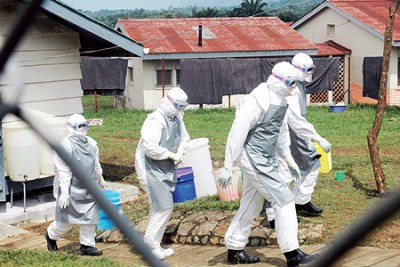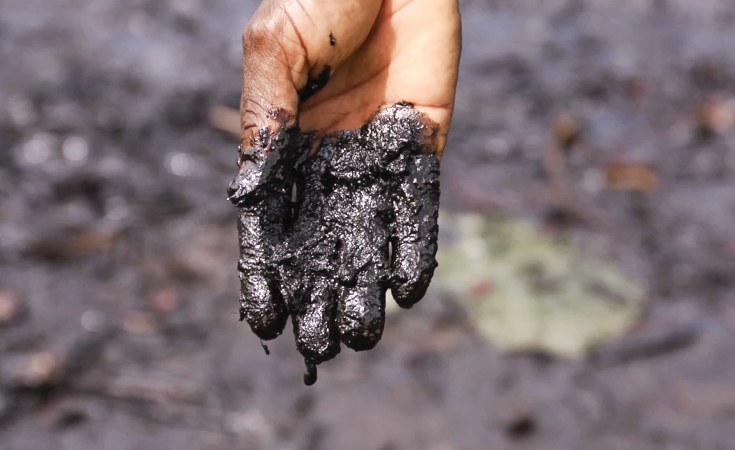'A very bad example': Alberta ER doc slams politicians' international travel
Paige Parsons CBC
An Edmonton emergency room doctor says revelations that provincial MLAs travelled internationally over the holidays leave her disappointed, frustrated and angry.
"I think it sends a terrible message. I think it sets a very bad example," said Dr. Shazma Mithani in an interview with CBC News Network on Sunday.
"It also completely trivializes and dismisses the public health roles that my colleagues and I have fought so hard to get out there, that Dr. Hinshaw has put so much work and effort getting together."
Both the Government of Alberta and the federal government have advised Canadians against non-essential travel out of the country until further notice.
All international travellers must isolate for 14 days upon returning to the province unless they are participating in the international border testing pilot.
"When people in positions of power are disregarding these rules and these suggestions and trying to bend the rules in their favour it sends a terrible example to the rest of Albertans to follow those rules," Mithani said.
Mithani is a spokesperson for the emergency medicine section of the Alberta Medical Association but she was not speaking on behalf of the organization Sunday.
CBC has confirmed that six UCP MLAs travelled out of the country over the holidays.
Municipal Affairs Minister Tracy Allard travelled to Hawaii.
Calgary-Klein MLA Jeremy Nixon travelled to Hawaii.
Calgary-Peigan MLA Tanya Fir travelled to Las Vegas.
Red Deer-South MLA Jason Stephan travelled to Arizona.
Lesser Slave Lake MLA Pat Rehn travelled to Mexico.
Fort McMurray-Wood Buffalo MLA Tany Yao is still in Mexico.
On Friday, after news of Allard's travel broke, Premier Jason Kenney said multiple MLAs and UCP staff had travelled for the holidays, but did not say how many. He said Allard was the only cabinet minister who left the country.
Kenney also confirmed that his chief of staff, Jamie Huckabay, travelled to the United Kingdom and returned to Canada via the United States on Boxing Day. Several days prior, Canada halted flights from the United Kingdom where a new strain of coronavirus emerged. The current suspension is in effect until Jan. 6.
Kenney said he was not happy to learn about the travel, but said he would not discipline the MLAs or staff for taking trips. On Friday, he issued a directive that going forward, members of the government are not to travel internationally unless it's on government business. He said he takes responsibility for not having previously made it clear to senior members of government that they should not travel internationally given their position of public trust.
Last week in Ontario, Rod Philips resigned as the province's finance minister around 48 hours after his trip to the Caribbean was made public. Premier Doug Ford said he was extremely disappointed in Phillips for travelling abroad, and said the resignation demonstrated his government's commitment to holding itself to a higher standard.
Both Ford and Kenney said they did not know about their cabinet ministers' plans to travel abroad.
Allard apologized for the trip on Friday, calling it a "lapse in judgement."
On Sunday, a banner reading "Welcome Home #AlohaAllard" was hung between two Christmas trees outside Allard's constituency office in Grande Prairie, Alta.
The lei-festooned display was put up by Aaron Penson, who is the president of the Alberta Party's Grande Prairie Constituency Association. He worked on the display with Todd Russell, a former Alberta NDP candidate. Penson said he wanted to put it up as a concerned citizen.
Pictures of the display were shared on social media by MyGrandePrairieNow.com.
"I think the message is that Albertans are furious," he said.
"When our supposed leaders are skirting the rules, travelling on technicalities, claiming family traditional vacations are essential travel — yeah, we're angry and I was looking for a way to display that," he said.
He said they put up the display as a way to give people a "therapeutic" way to get their frustration and anger out by writing cards about the family traditions they have missed out on themselves and hanging them on the display.
Penson said he and Russell met around 7 a.m. Sunday morning to get the display up as the sun came up. Then they posted about it on social media and encouraged people to come check it out for themselves and add Christmas cards.
He said he hopes Allard takes responsibility and resigns, but said he doesn't expect that will happen.
By 3 p.m. Sunday, the banner and trees had been removed.
Travel not limited to MLAs
Provincial officials weren't the only Alberta politicians who travelled over the holidays.
Calgary-Signal Hill Conservative MP Ron Liepert travelled twice to Palm Desert, Calif., since March, his office confirmed Saturday, and St. Albert. Coun. Sheena Hughes travelled to Mexico.
In a statement Sunday, St. Albert Mayor Cathy Heron said she was aware of Hughes' trip and was disappointed by her choice but did not express those concerns. She said in hindsight she should have made her concerns known.
"Councillors do not work for the mayor, and therefore I had no authority to limit her travel or ask that she stay in Alberta. Likewise, while many may feel her decision was in poor taste, she has not broken any laws that I'm aware of. Therefore, there's no basis for council to vote to sanction her," Heron wrote.
Mithani said Sunday that the multiple accounts of politicians travelling is upsetting for her colleagues who are feeling strain under the weight of increasing COVID-19 cases in hospitals.
"People are still coming in very sick with COVID-19, and we are really starting to be profoundly affected by that in our healthcare system," she said. "All of the ICUs in the province are overflowing, they've taken over other parts of the hospital, our COVID units are overflowing, and now our emergency departments are really having challenges getting patients in because the other units are full.
"We're all very frustrated to see this complete disregard for public health measures in the face of us fighting one of the hardest battles of our career.




















